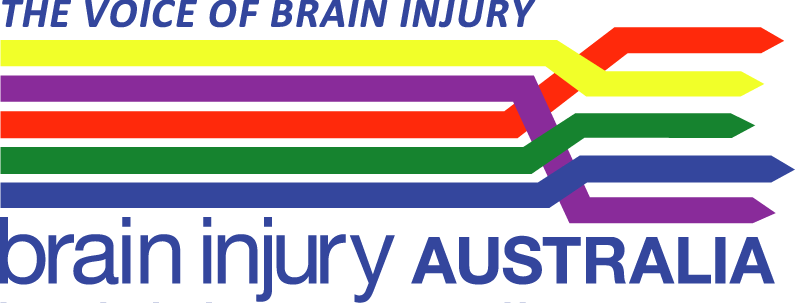- FOR REFERENCE
- Introduction
- A. Worker Roles
- a) Information and referral staff
- b) Support workers
- c) Case managers
- d) Managers
- e) Workshop facilitators and presenters
- B. Working with people with ABI
- a) Video stories
- b) Video clips
- c) Interactive graphics
- d) Handouts
- e) Worksheets
- f) Tools
- C. Additional resources
- a) Fact sheets
- b) Books
- c) Videos
- d) On-line learning
- e) Organisations
b) Support worker knowledge and skills
Introductory knowledge
All support workers working with people with ABI need:
a) An introduction to ABI - which could be the Self-Study Module 1. An Introduction to ABI
b) An introduction to appropriate ways of working with people with ABI - which could be Module 2 Working with people with ABI
Tools
Two common situations for support workers are:
a) Building rapport with people with ABI and
b) Dealing with behaviours arising from cognitive impairments.
For practical tips see for example:
TOOL 2: Conversation tips
TOOL 4: Strategies for dealing with specific cognitive changes
TOOL 13: WHS & Participant Risk
TOOL 14 Professional boundaries
TOOL 16: Essential survival tips for working with people with ABI
More In depth knowledge
Support workers may also need more in depth knowledge around:
Communication
Promoting skills for independence
Understanding and managing cognitive changes
Understanding and managing behaviour changes
Sexuality after an ABI
There are Self-study modules and Toolkits available at www.TBIStaffTraining.info. Although the information has been developed for traumatic brain injury (TBI) is also relevant for the majority of sudden onset ABIs'.
The following self-study modules may be particularly useful to support workers.
2: Communication
3: Promoting skills for independence
4: Understanding and managing cognitive changes following an TBI
5: Understanding and managing behaviour Changes following an TBI
6: Sexuality after an TBI : issues and strategies
9. Mobility
The following Toolkits may also be particularly useful:
A. The Next Step: Transition from Children's Services to the Adult World
B. Working Together Promoting Independence

